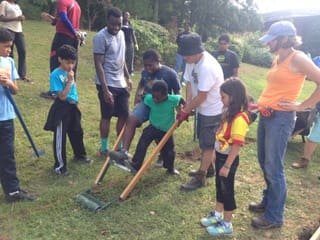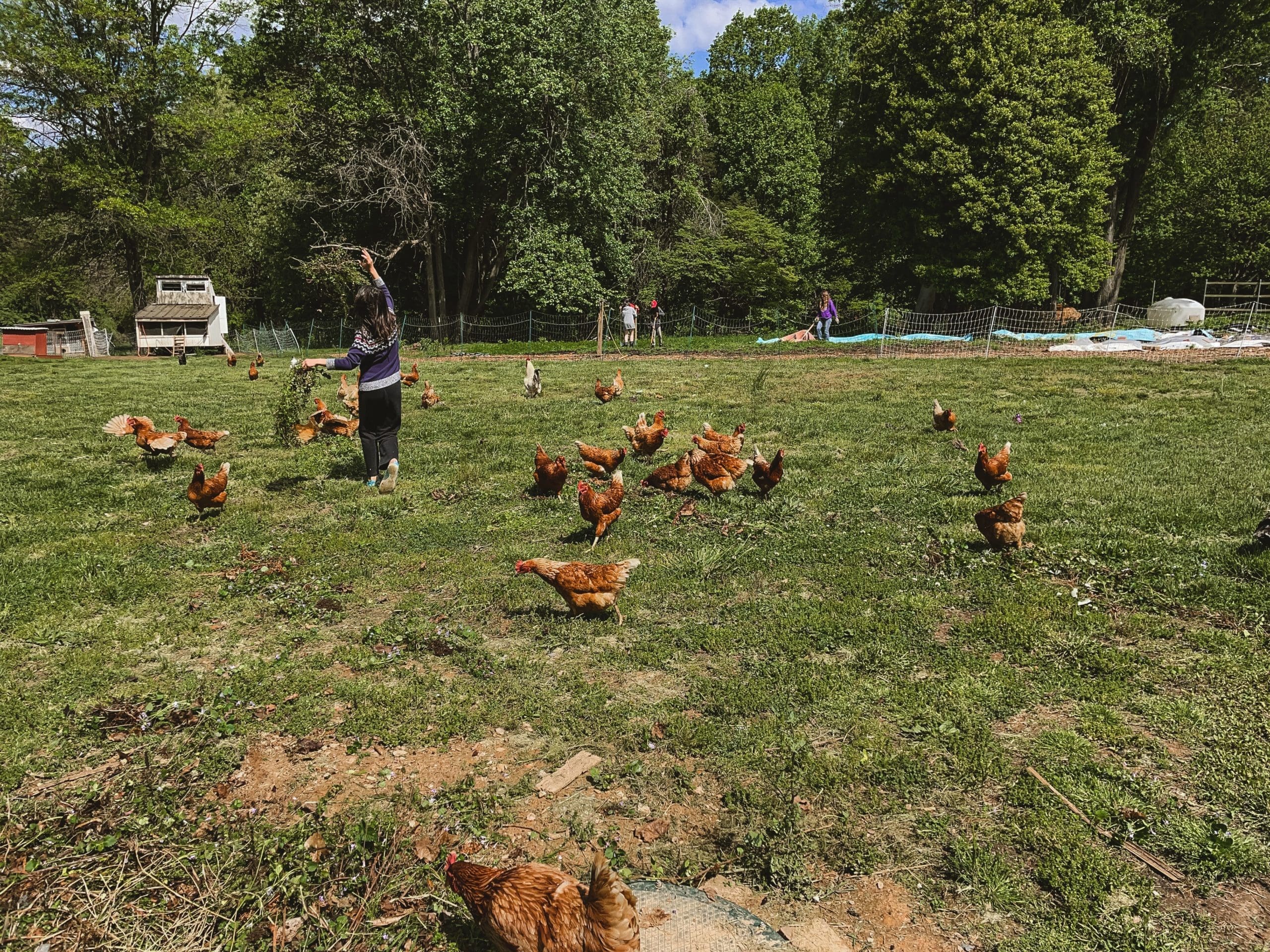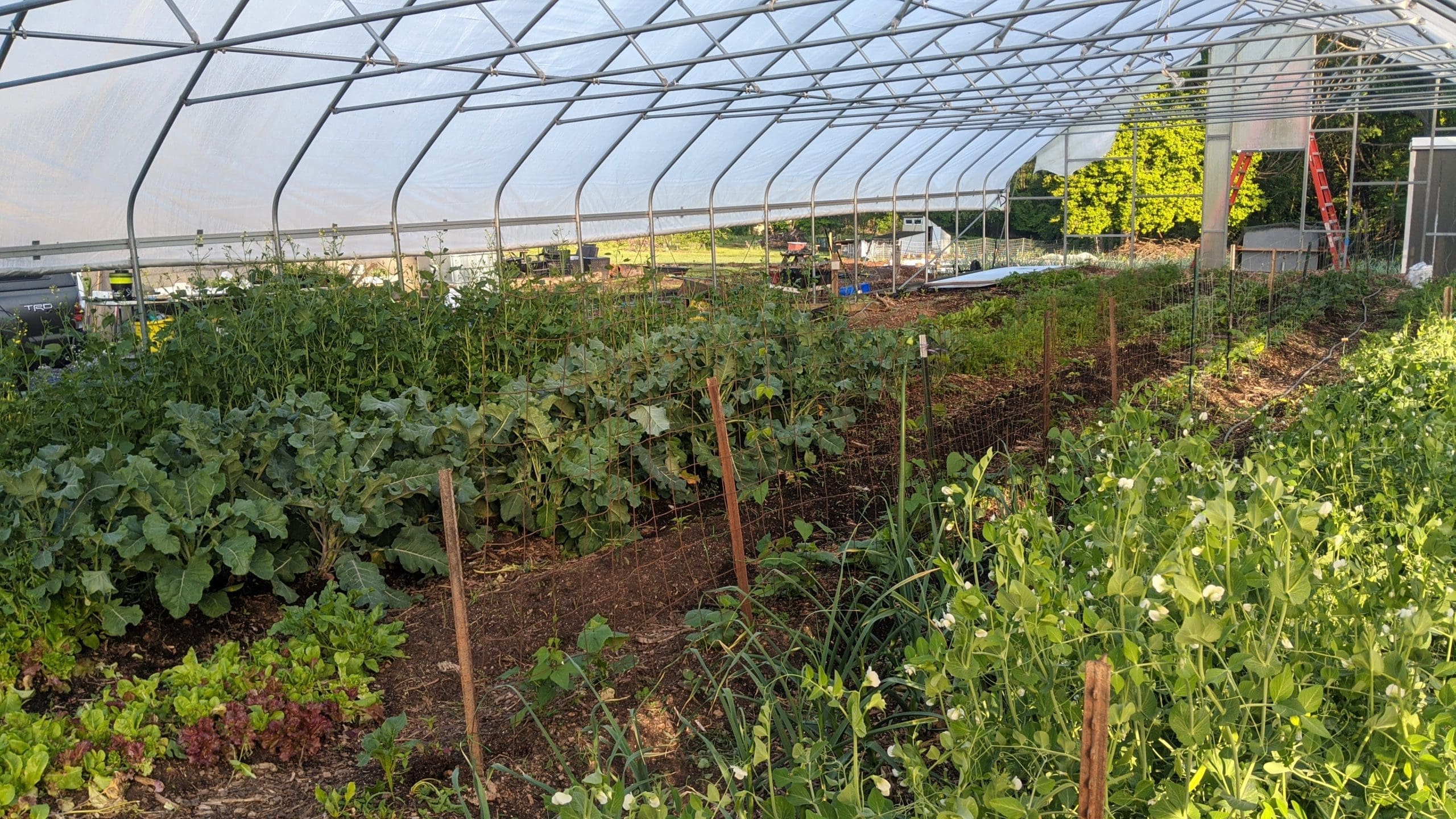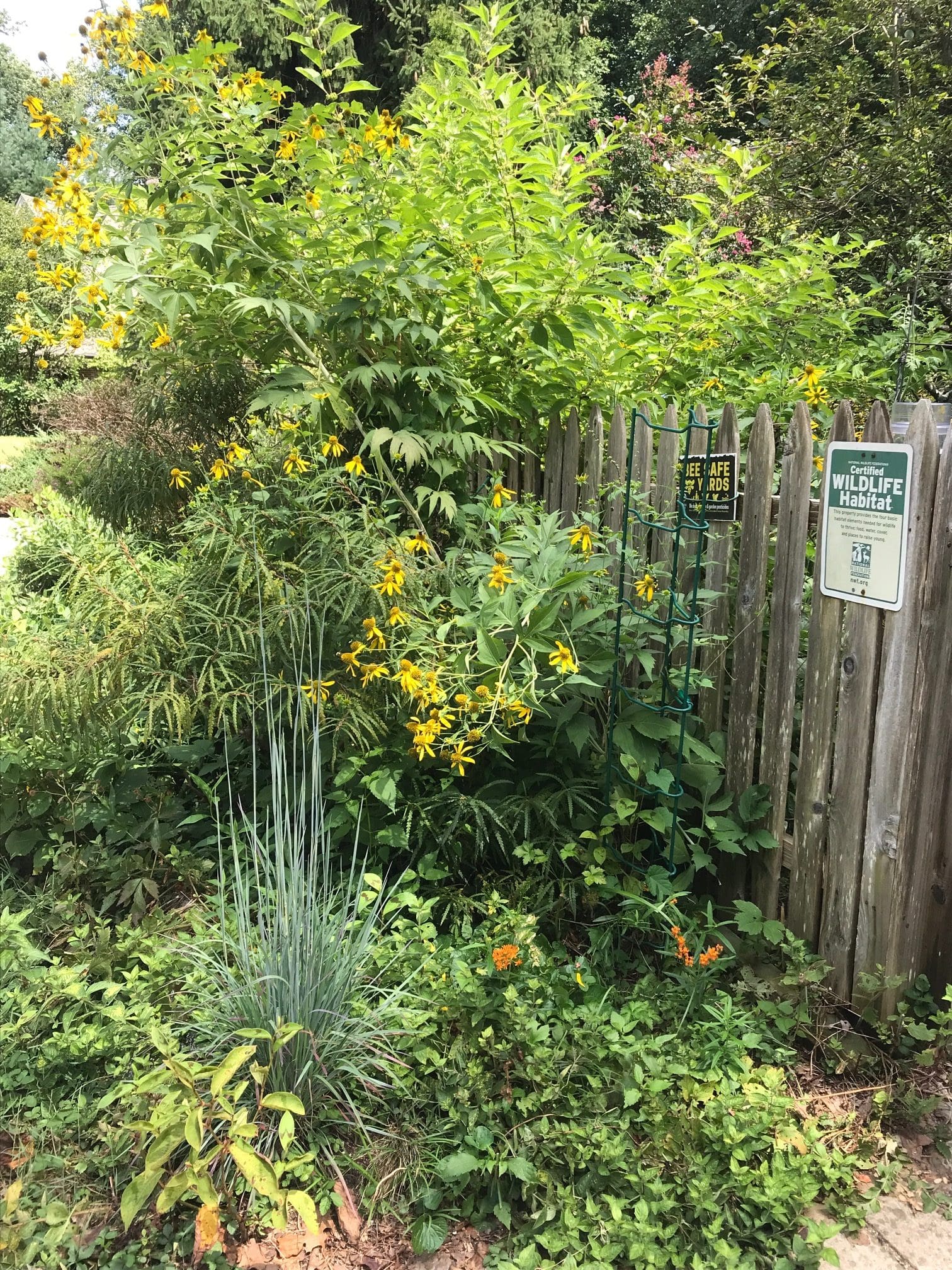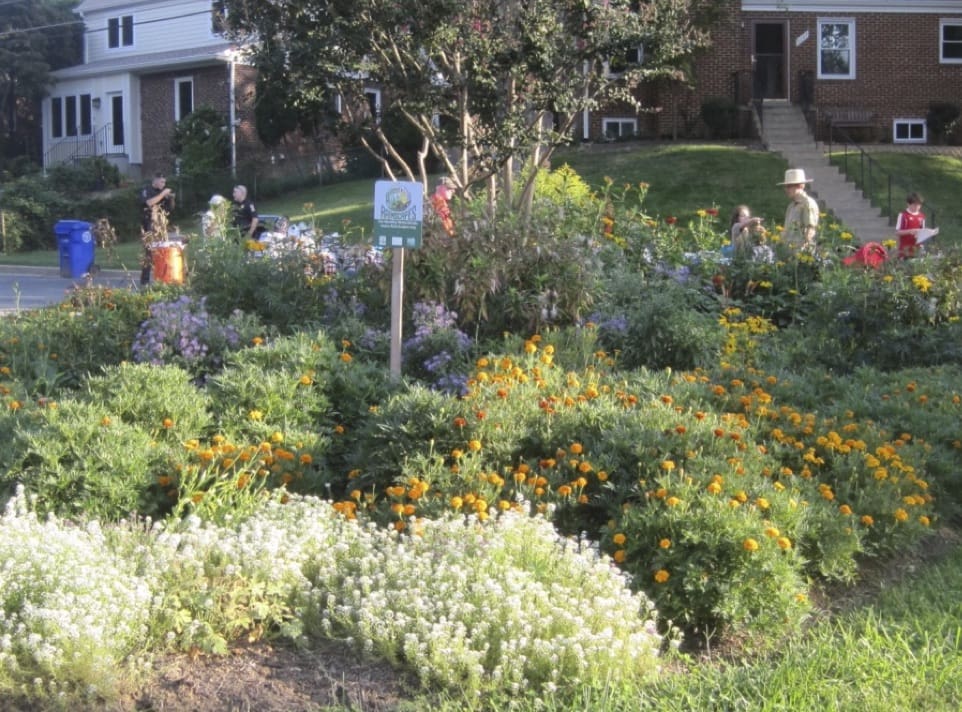Redesigning Our Communities
for Life After Fossil Fuels
A series of virtual and in-person community events
in 6 locations in the U.S. and Canada
Inaugural Event:
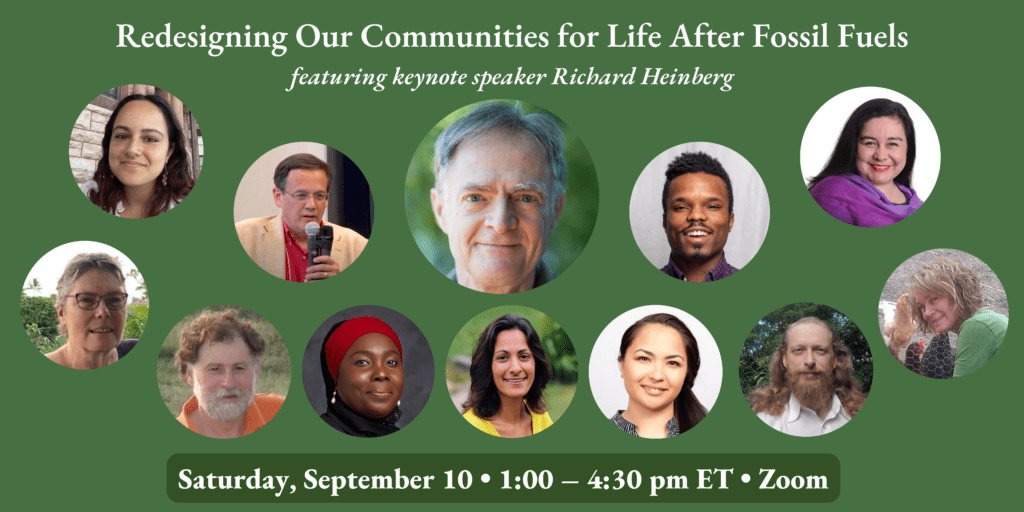
Saturday, September 10, 2022
1:00 – 4:30 pm ET • on Zoom
Plus, in-person and virtual
Community Engagement Events
hosted in or near Montgomery County, Maryland!
Biodiversity for a Livable Climate is partnering with the Post Carbon Institute and many local community groups to bring you a series of events on transitioning our communities to manage our ecological crises. These events will take place virtually on Zoom and in-person at community events in 6 locations throughout the U.S. and Canada. Our first location is in Montgomery County, Maryland and the surrounding area.
Join us and our local community hosts, the Montgomery County Racial Equity (MORE) Network and Impact Silver Spring, for our virtual event on Saturday, September 10 as we share resources, expertise, and actionable solutions to build resilience for these rapidly changing times.
Plus, in-person and virtual
Community Engagement Events
hosted in or near Montgomery County, Maryland:
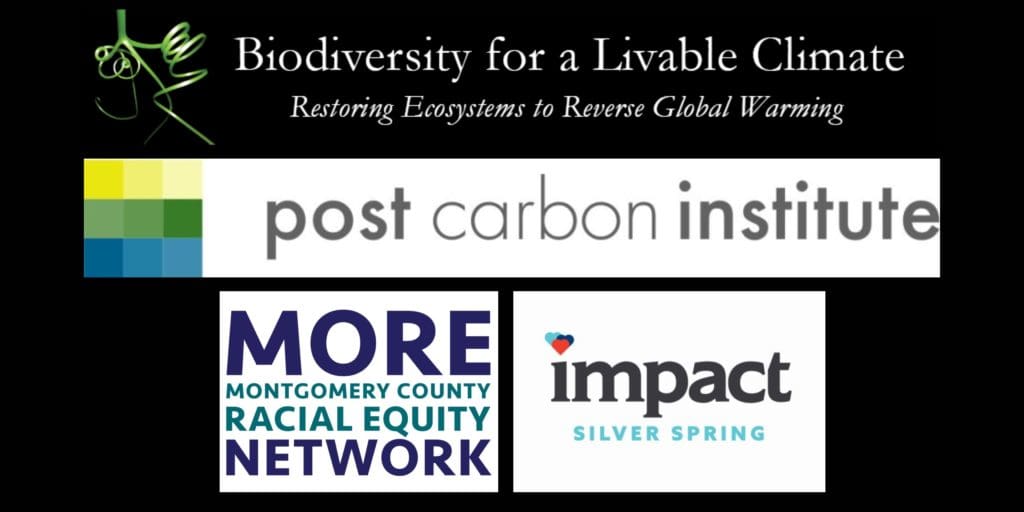
It’s time to scale way back, redesign how we’re living and roll up our sleeves to restore our ecosystems, soil, biodiversity and connections with our neighbors.
As we learn and take action on how to live within the Earth’s limits, it’s vital that we co-invent and redesign our new lifestyles with every member of our community, especially our underserved community members, and even look to them for their expertise on how to be resilient.
Too often, communities of color and low income communities have been left out of the conversation, the plans and the funding, despite often being the most seriously impacted by the climate and other crises. Let’s move forward by coming together, learning from one another, and supporting each other as we strengthen our resilience and face the challenges ahead.
Join us!
Saturday, September 10
1:00 – 4:30 pm ET • Zoom
Keynote Address
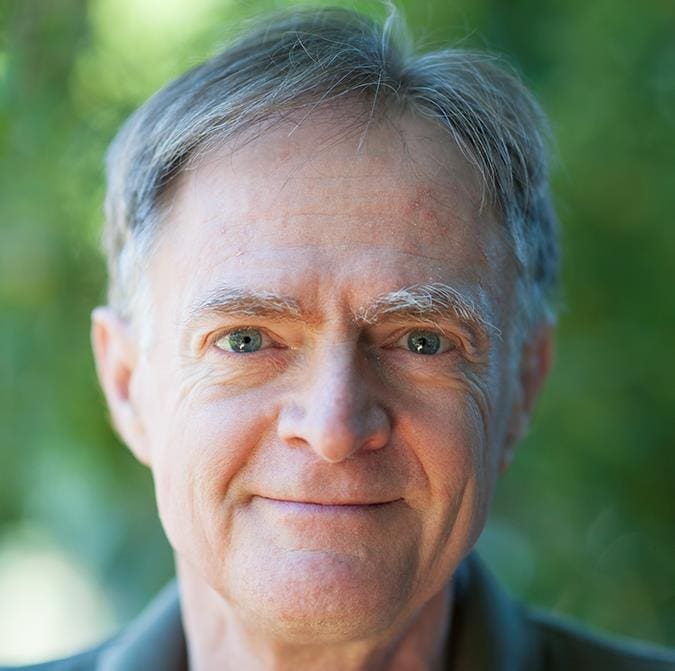
Life After Fossil Fuels
Richard Heinberg, Senior Fellow, Post Carbon Institute
Richard Heinberg is a Senior Fellow at Post Carbon Institute and is the author of 14 books, including POWER: LIMITS AND PROSPECTS FOR HUMAN SURVIVAL, along with hundreds of essays and articles, some of which have appeared in NATURE, WALL STREET JOURNAL and THE AMERICAN PROSPECT. He has lectured on 6 continents and has appeared in numerous environmental documentary films.
Main Session
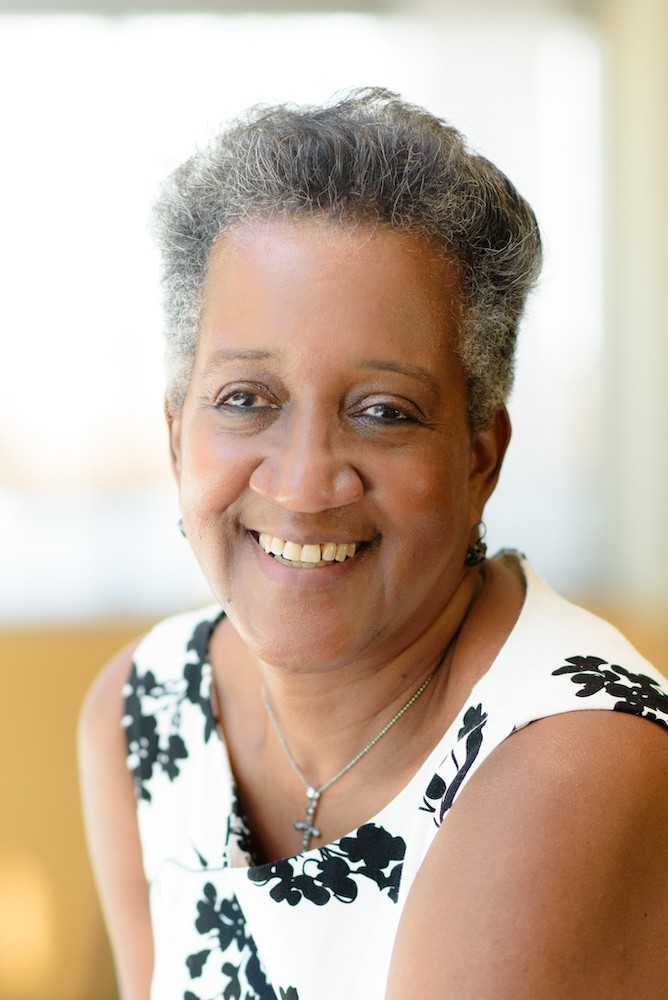
Event Moderator
Wendy Howard, Executive Director, One Montgomery Green
Wendy Howard is the Executive Director of One Montgomery Green, a local non-profit formed to promote Montgomery County, Maryland as a “visibly green” sustainable community. Its mission is to develop and promote models for a sustainable, just, and regenerative Montgomery County, MD by engaging stakeholders, fostering partnerships with local businesses and promoting educational projects for a verdant and equitable economy. Currently OMG is completing its climate resilience project focused on engaging and educating under resourced communities by creating an assessment tool and a response plan that addresses climate change vulnerabilities, resilience, and adaptation. Most recently with its partner Bethesda Green won a $200,000 Federal Prize from The Department of Energy to Launch a Community Engagement Program to Advance Clean Energy Innovation in Wheaton MD. In 2020 Wendy received and was recognized as one of the first 40 certified Climate Change Professionals (CC-P®) certified by the Association of Climate Change Officers and the State of Maryland.
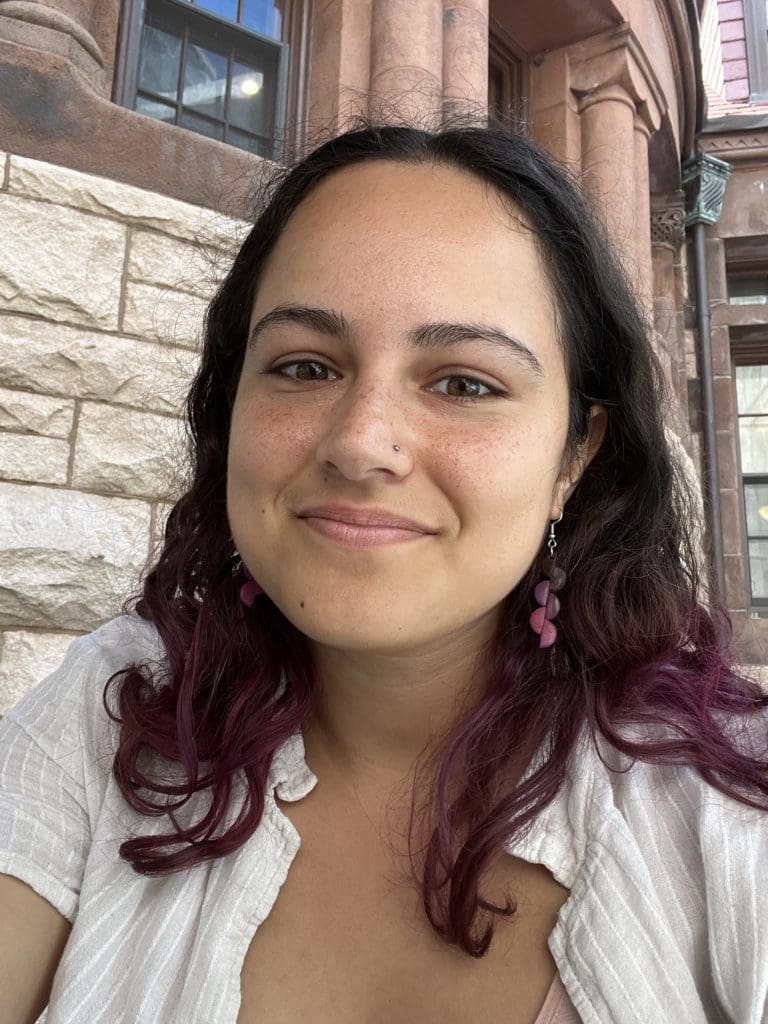
The Power of Ecosystem Restoration
Presentation Slides
Maya Dutta, Assistant Director of Regenerative Projects, Biodiversity for a Livable Climate
Maya Dutta is an environmental advocate and aspiring ecosystem restorer working to spread understanding on the key role of biodiversity in shaping the climate and the water, carbon, nutrient and energy cycles we rely on. She is passionate about climate change adaptation and mitigation and the ways that community-led ecosystem restoration can fight global climate change while improving the livelihood and equity of human communities. She works on project management, Miyawaki forests, partnerships, research, outreach, and education and advocacy efforts at Bio4Climate. Having grown up in New York City and lived in cities all her life, Maya is interested in creating more natural infrastructure, biodiversity, and access to nature and ecological connection in urban areas.
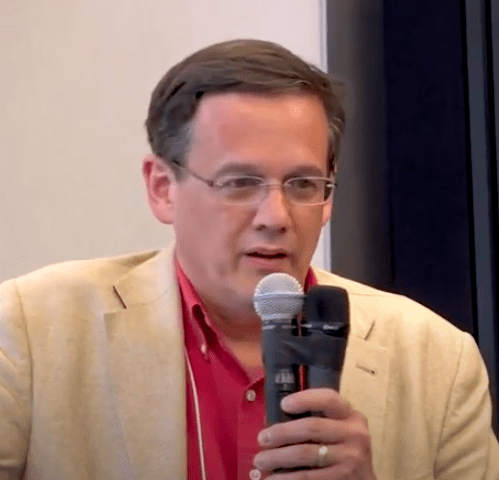
Why Growing Food Must Be Our Top Priority
Philip Bogdonoff, Board Member and Co-Founder, Biodiversity for a Livable Climate D.C. Chapter
Philip Bogdonoff is a co-founder of Biodiversity for a Livable Climate’s Washington DC Chapter. He is a past trustee and board chair, Friends Community School; Co-founder, Sustainable Washington Alliance; Vice President, Millennium Institute; Consultant, World Bank Environment Department; Research Assistant, Section of Ecology and Systematics, Cornell University. Philip and Jim Laurie constructed Washington, DC’s first “Living Machine” more than 15 years ago.
Breakout Sessions
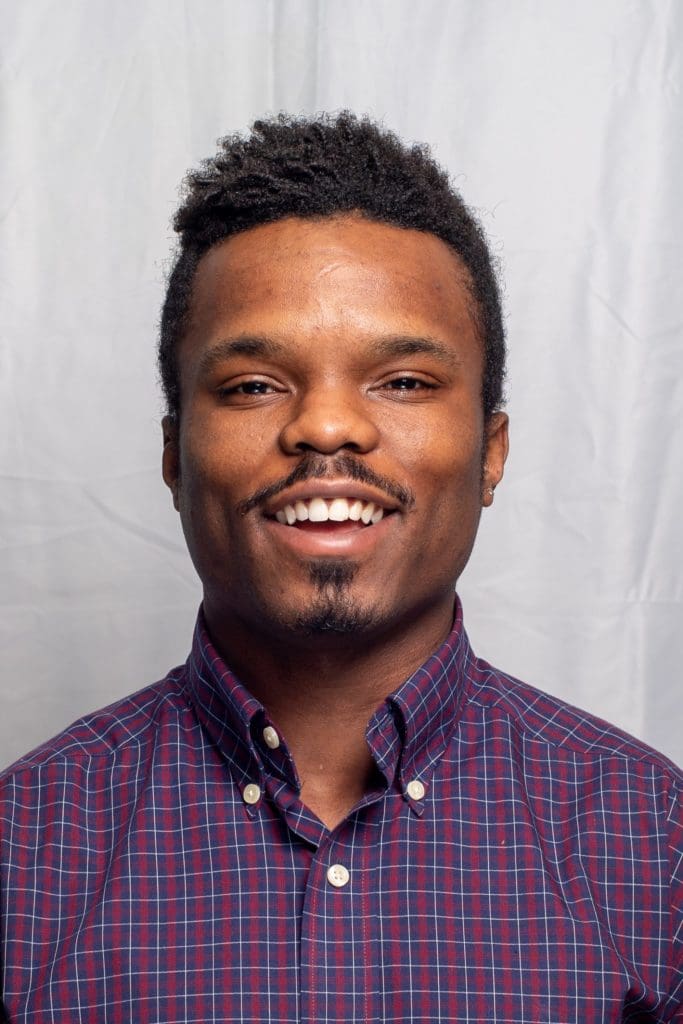
Transforming Dirt to Soil: Restoration Principles to Enhance a Local Green-Space Network
Kyree Clark, Network Builder, Community Gardens, IMPACT Silver Spring, Montgomery County Racial Equity (MORE) Network
Kyree Clark is a Montgomery County local, who attended MCPS before earning his Bachelors in Biology and Philosophy at the University of North Carolina-Chapel Hill. Upon graduation he returned to Montgomery County to further his interest in eco-conservation and sustainable healthcare systems development, gaining over half a decade of experience working with Health and Wellness organizations at the local, state, and federal level. Kyree is active as a volunteer in his community as a Master Gardener/Naturalist, and applied his skills to co-create IMPACT Silver Spring’s first Community Garden as part of a greenspace initiative to reduce local food insecurity and boost climate resiliency — a solution designed to mitigate socioeconomic disparities exacerbated by climate change and the more recent COVID Pandemic.
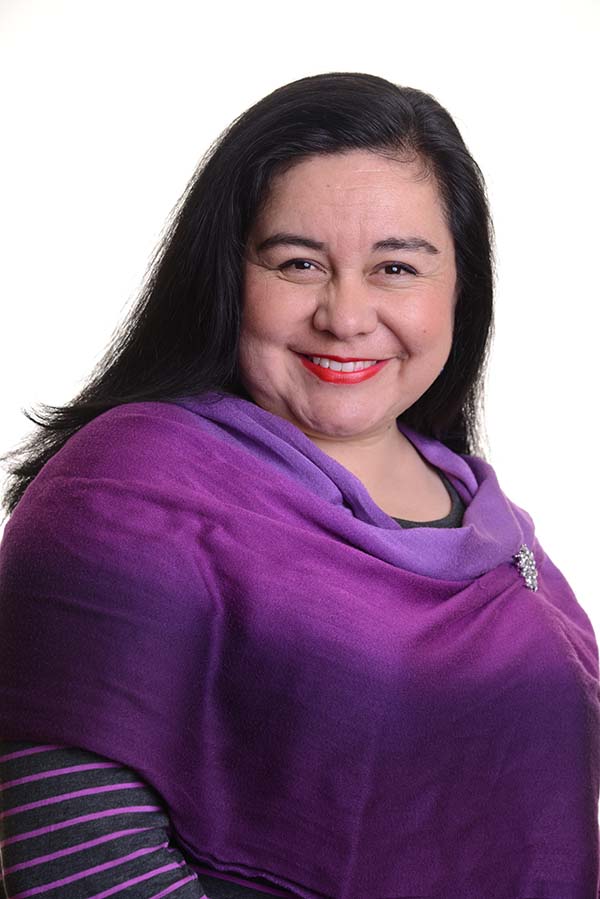
Thinking Outside the Box To Transform Our Food Infrastructure
Graciela Rivera-Oven, Chief Executive Officer, UpCounty Hub
Co-founder in 2020 of the Upcounty Hub, a distribution organization of food and other essentials serving over 1200 people a week in Montgomery County. She is a member of the Board of Elections as well as many other boards and committees and an advocate for education, health access, and civil rights. She ran a program for high-risk youth with the City of Gaithersburg.
She has a public relations company, but I have also worked with the court systems, including the State’s Attorney’s office.
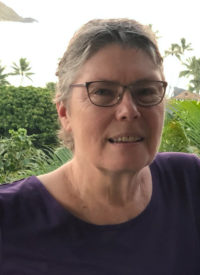
How to Substitute Native Plants for Lawn
and Easy Ways to Handle Stormwater in Your Yard
Kit Gage, Interim President, Friends of Sligo Creek and Chesapeake Bay Landscape Professional
Kit Gage is a Chesapeake Bay Landscape Professional (CBLP), with a graduate Horticulture Certificate. Who has considerable experience speaking, assessing and installing stormwater projects, including larger projects as fiscal agent. Kim is the co-director and a co-founder of the National Capital Region Watershed Stewards Academy and the Interim president and advocacy director for Friends of Sligo Creek. Kim is the native plant advisor for the Sacred Grounds project of National Wildlife Federation. Her business, Gardener’s Adviser, focuses on how to use native plants and stormwater concerns
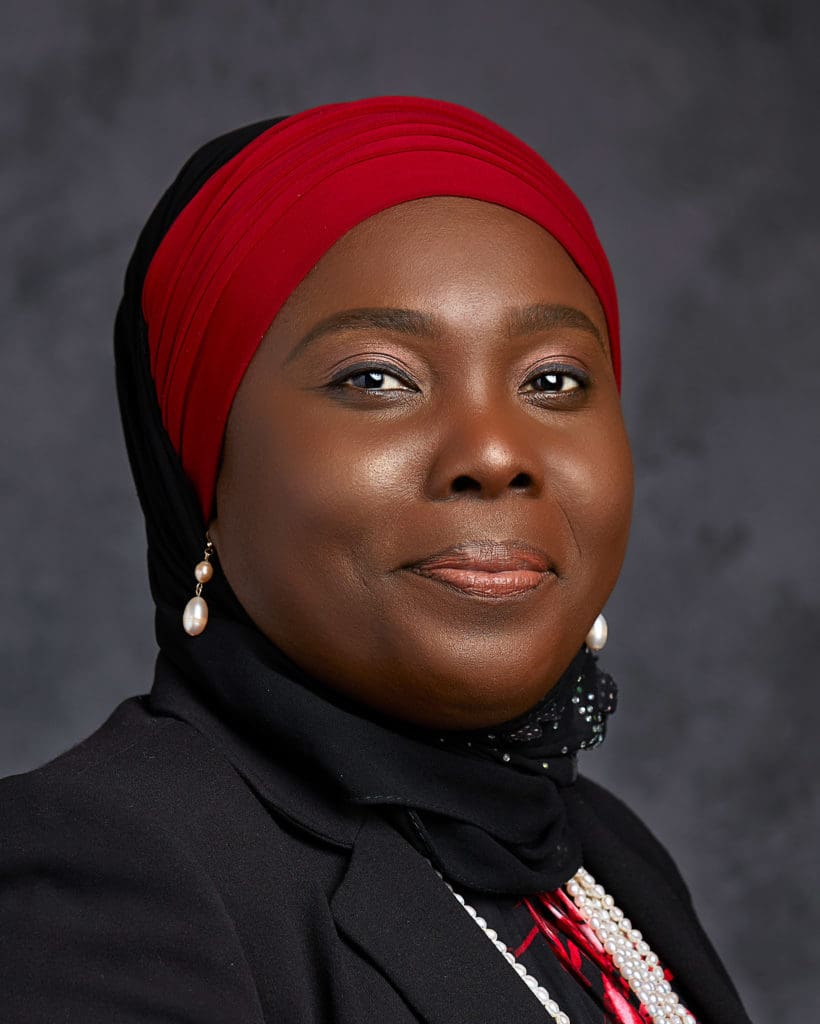
Equitable Access to Land for People of Color
Tope Fajingbesi, CPA FCA, Managing Partner, Dodo Farms
Tope Fajingbesi is a social impact entrepreneur, a published author, and an educator. She is the founder and president of The She-EO platform for women of African descent. She is the founder and coordinating trustee of United for Kids Foundation, and created and hosted the Impact Africa radio show, which earned her an invitation to a meeting with Senior White House officials during the planning stage of the US-Africa Leaders’ Summit in 2014. She served as the Treasurer of Future Harvest and has taught agricultural business courses at the University of Maryland. Tope co-owns Dodo Farms, a Certified Naturally Grown produce farm in Montgomery County (Maryland).
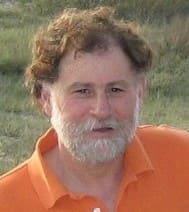
How to Start or Improve Your Backyard Compost
Benny Erez, Director of Urban Agriculture and Compost Guru, ECO City Farms
After years working in an academic setting doing agricultural research, Benny Erez brings knowledge of theoretical and practical farming technology to ECO City Farms. He is passionate about the need to wean ourselves off the gas-guzzling commercial fertilizers and replace them with sustainably produced compost. His experience with composting technology comes from years of managing the University of Maryland Central Maryland Research and Education Center Compost Facility and visits to Austrian compost enterprises. Benny’s first-hand knowledge of the power of community comes from his experiences growing up on a Kibbutz in Israel. He recognizes that the human race is facing many environmental challenges and that local, sustainable food production is a key part of the solution.
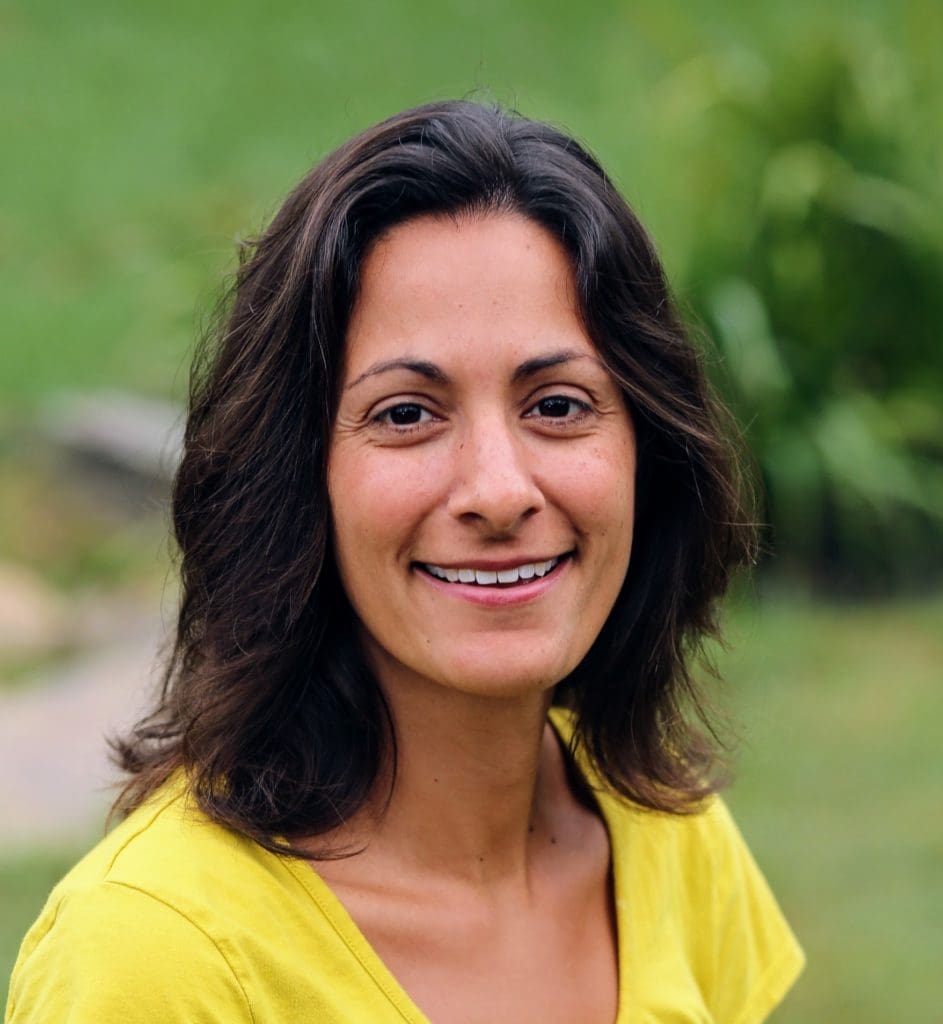
How Permaculture Can Change Your Family Culture and the World for the Better
Bridgette Downer, Organic Farmer Permaculturist, Chicken of the Woods Farm
Bridgette Downer, educator, organic farmer, permaculturist and activist has been seeking an ecologically stable and morally acceptable existence for 25 years. She owns Chicken of the Woods Permaculture Farm, where her and her family enjoy building soil and sequestering carbon for future generations. They host volunteers and homeschoolers to learn permaculture principles and assist in growing organic indigenous staple crops, annual vegetables, high CBD hemp for tea and salve and raise pastured chickens and muscovy ducks for eggs and meat. Her motto: Happy soil, happy life.
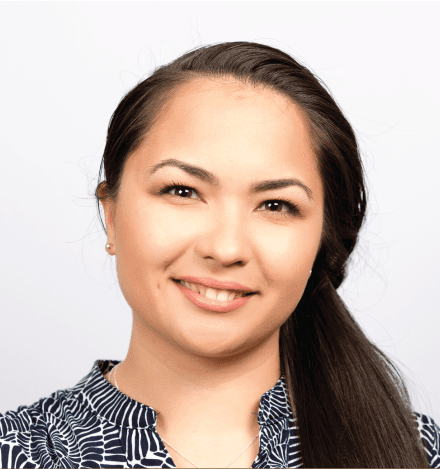
Youth Education: Teaching What the Classroom Doesn’t Provide on Regenerative Agriculture
Kayla Agonoy, Deputy Director, ECO City Farms
Kayla Agonoy graduated from Salisbury University with a degree in Biological Sciences. During her time at Salisbury, she became interested in nutrition and the food justice movement. When she decided to become a pescatarian, she became even more aware of the consequences of what we choose to eat on an individual and global scale. Kayla has long been connected to the two towns where our farms are located and calls this area home. She is a graduate of nearby William Wirt Middle and Bladensburg HS. She was introduced to urban farming during her apprenticeship at the Edmonston farm. Since then she has joined ECO City Farms as Deputy Director and runs ECO’s signature SEED2FEED Summer Youth Program.
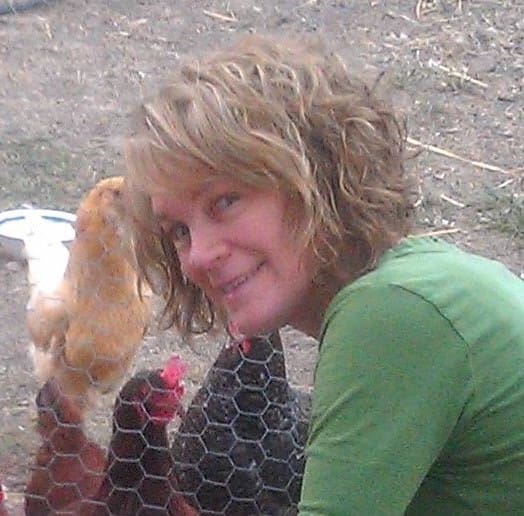
From Housing to Villaging: 5 Essentials
Beck Mordini, Founder and Director, Villaging
Beck Mordini has been a chicken farmer, co-houser, commune crasher and biofuel brewer, though not all at the same time. She is the past founder of Climbing for Life, Smart Build ICF supplies and Mythic Journaling. Always studying how community works, she most recently used Sociocracy to organize a faith based Climate Action Team of seven daughter circles and over 1000 participants in its first year. She is the founder of Villaging, a collective effort to shift our view of the American Dream.
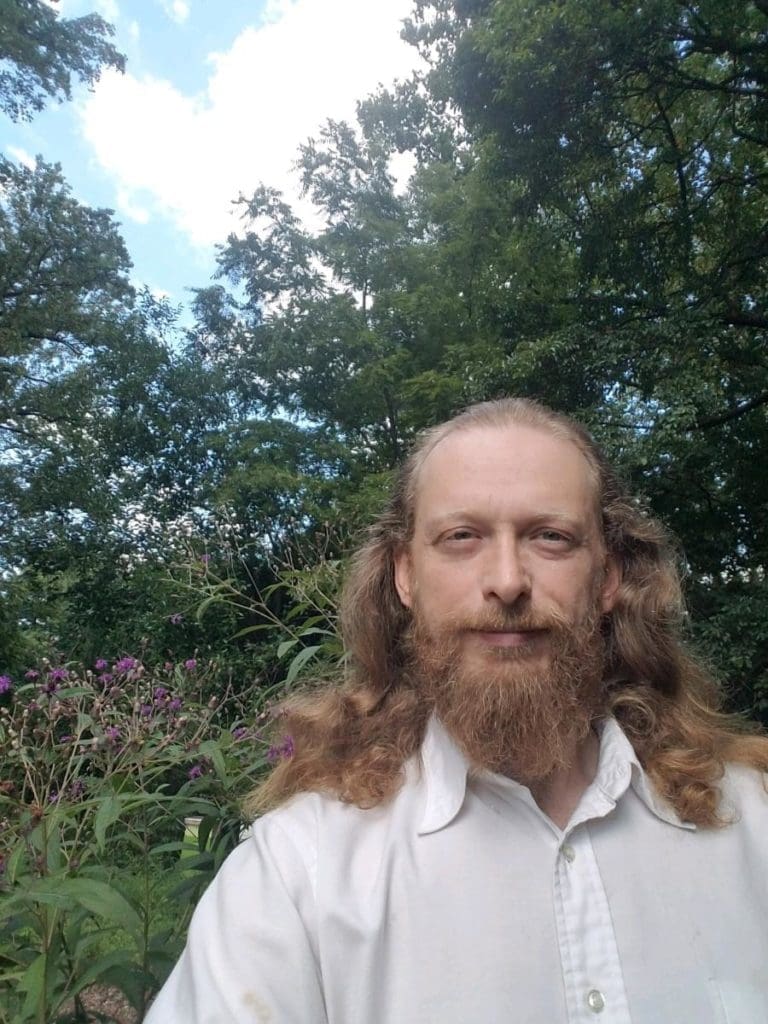
Capturing Rainwater with Rain Barrels, Cisterns, and Bioretention Techniques
Danila Sheveiko, Fern Glade Sanctuary and Urban Farm
A civic activist and community leader, Danila saved from development his neighborhood’s last remaining green space – a former azalea nursery. With help from friends and family, the old nursery became an ecosystem restoration project. Six years in, the Sanctuary is home to over 400 species of native plants, a bee yard, food gardens, permaculture, mushrooms, and numerous methods for capturing and retaining rainwater onsite before it runs off to become stormwater pollution. Rain barrels, downspout disconnects, rain gardens, linear bioretention, underground cistern storage, and other techniques help turn rainwater into a resource. Danila is a lifelong advocate for water quality and has co-chaired Montgomery County’s official Water Quality Advisory Group providing guidance and recommendations on water quality management goals and policies, program priorities, and funding to the County Executive and the County Council.
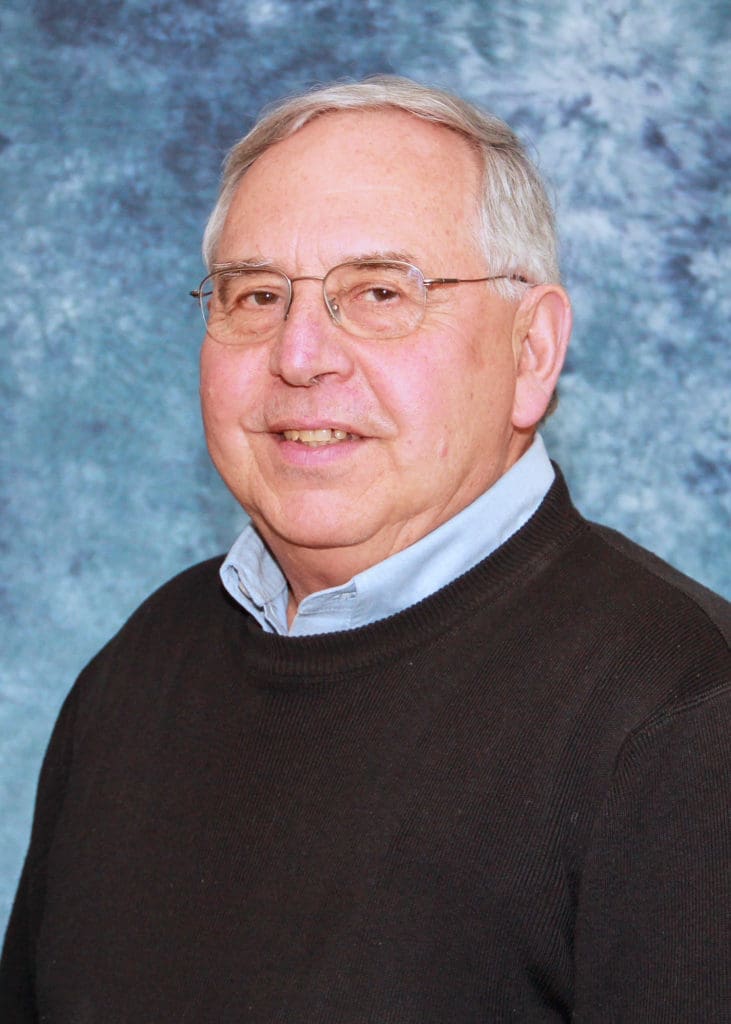
How to Live Off Grid Comfortably
John Lambert, Project Coordinator, Voices of Water, Biodiversity for a Livable Climate
In 1976 John and his wife Janice Lambert purchased 30 acres of undeveloped land and built an off-grid homestead where they raised their two daughters quite comfortably without electricity for ten years. John has lived all his life in rural New Hampshire, getting his start in engine repair in the US Army and becoming an instructor. He has been a car dealer and a bicycle dealer. His automobile dealership was the sole North American recipient of the Fiat Chrysler 2015 environmental award for energy efficiency and one of only five dealerships in 2013 with the EPA energy star award. John’s late wife Janice was the founder of Voices of Water, which became part of Biodiversity for a Livable Climate. John carries on her legacy as the project coordinator for Voices of Water, leading water retention education and projects. He still lives in their off-grid homestead, with the addition of a little solar power.
Plus, in-person and virtual
Community Engagement Events
hosted in or near Montgomery County, Maryland
Help out with a community project, learn strategies for increasing resilience, and build practical skills so you can replicate these projects at home and in your neighborhood.
Sponsors




If your organization or business would like to become a sponsor, please contact us at lifeafterfossilfuels@bio4climate.org or at 443-257-3209.
Event Supporters







